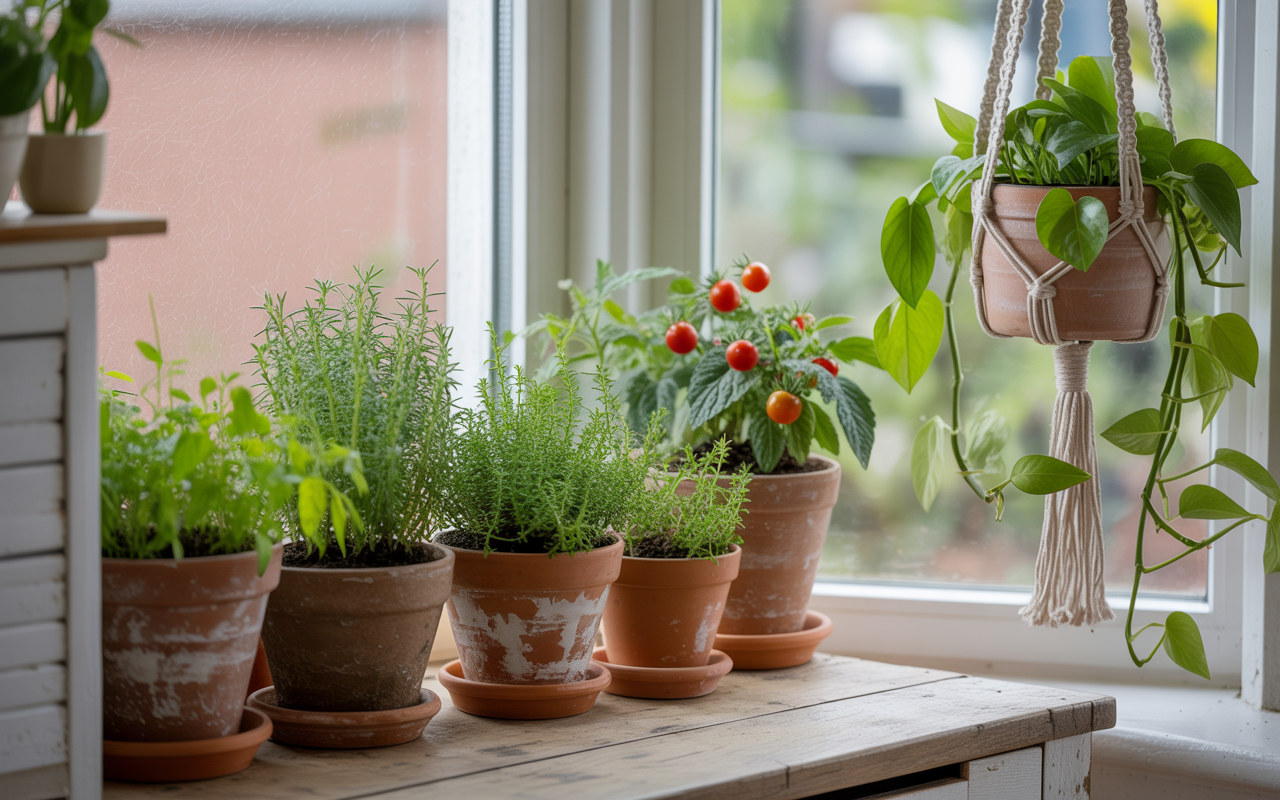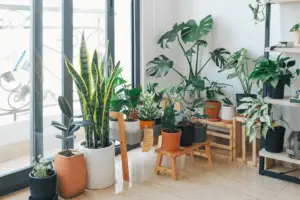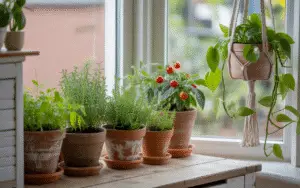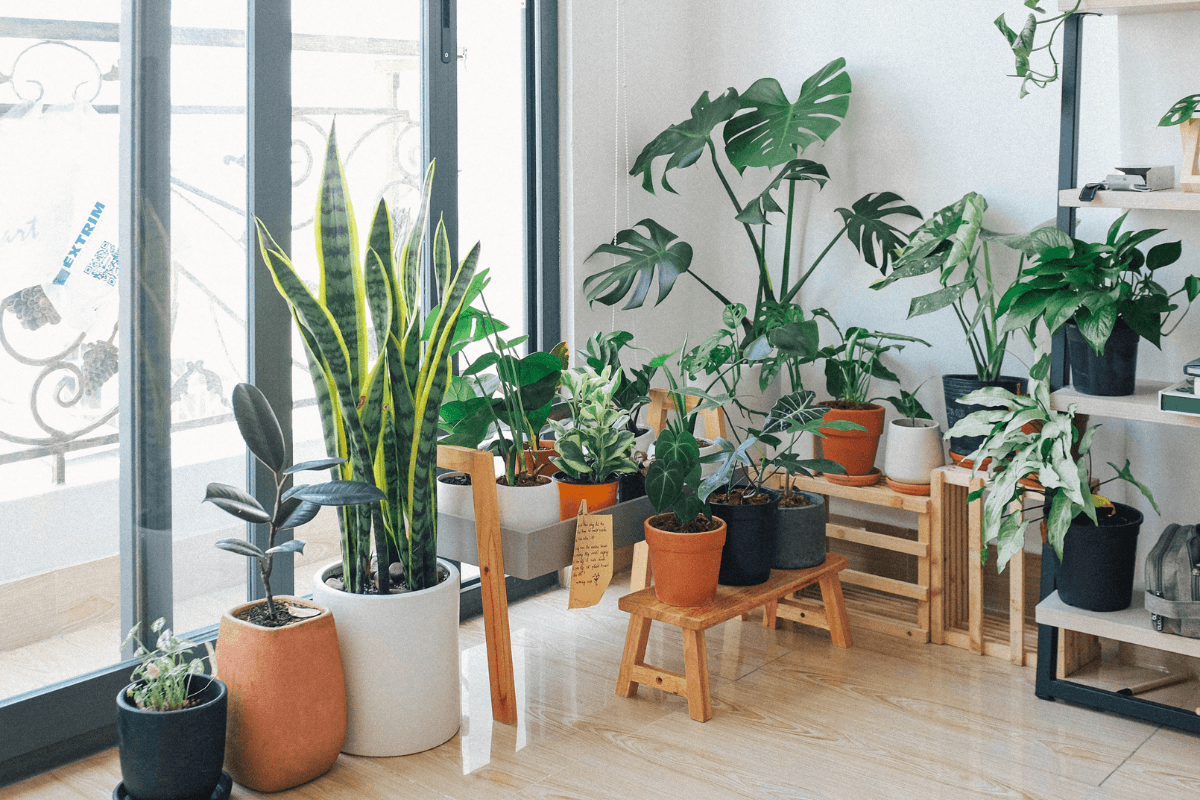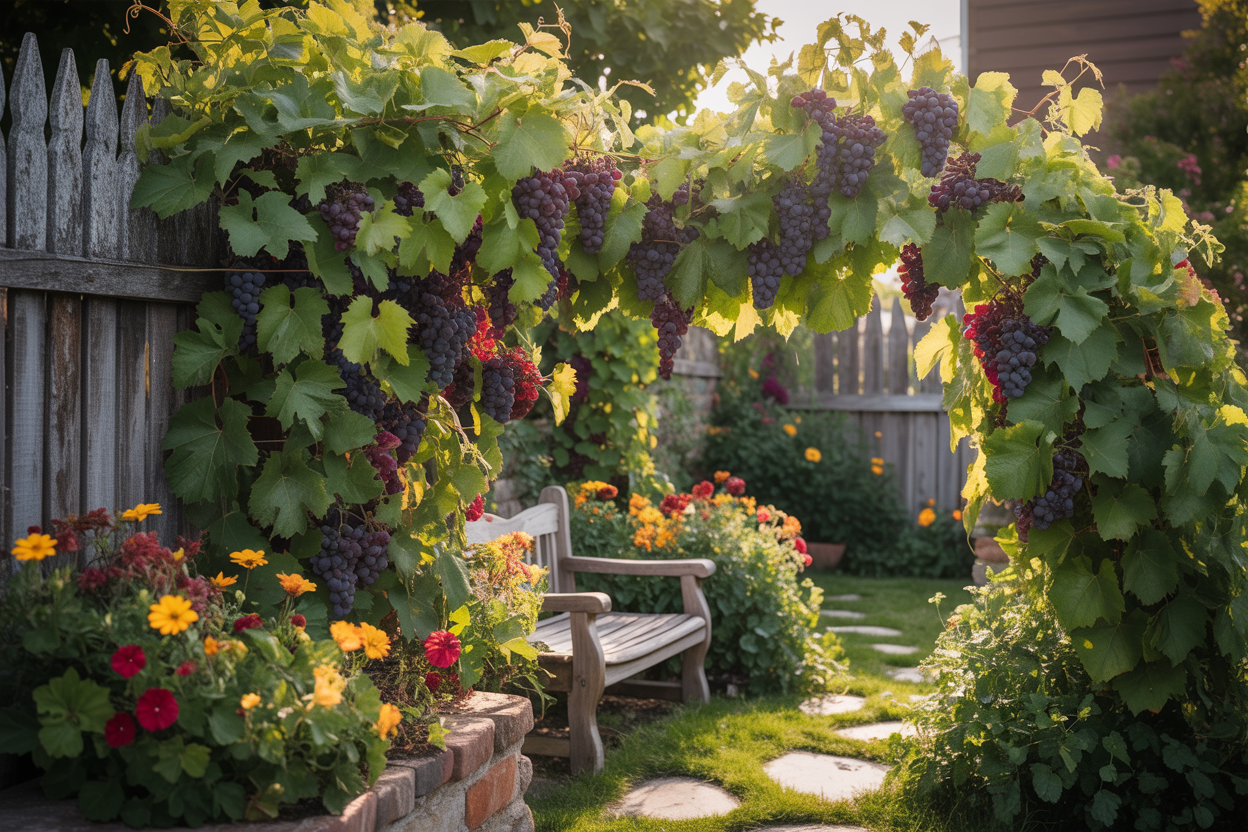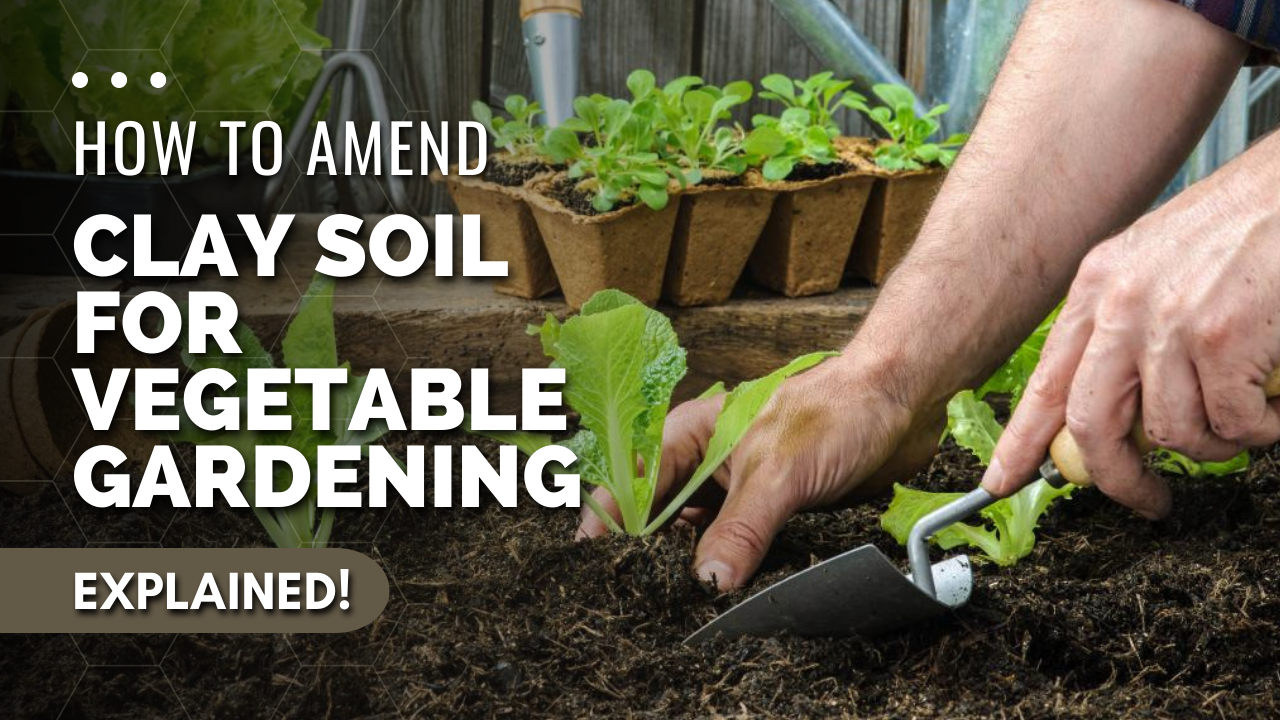Gardening, particularly organic gardening, benefits the environment by improving the atmosphere and soil conditions, beautifying the environment, and providing a variety of other advantages.
You do much good for the environment and yourself when you grow your food and plants. Continue reading to learn how gardening at home can help the environment.
It Purifies the Atmosphere and Soil
Plants purify the atmosphere and produce their food through photosynthesis.
The leaves use minerals, water, and carbon dioxide to generate organic chemicals. When an animal or human exhales, carbon dioxide is produced, which is useful to plants.
When photosynthesis occurs, plants produce oxygen and release it into the atmosphere. They also filter out germs and pollutants that drift in the atmosphere.
The roots of a plant enhance the quality of the soil. Roots use many substances, including heavy metals, chemicals, and water. This promotes the growth of small plants while cleaning the groundwater.
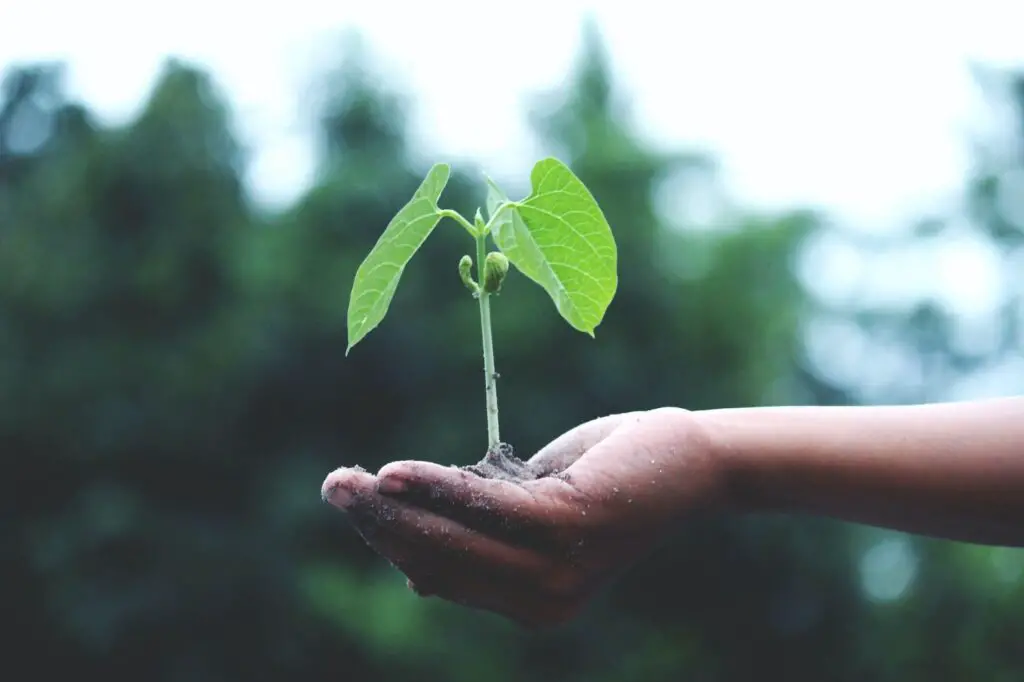
It Creates a Habitat for Birds and Beneficial Insects
It’s nice to start one’s day off with the cheerful sounds of birds singing. Planting a small tree garden is great if you want birds to visit your house.
You can make or buy birdhouses and place them carefully around your property to give birds a place to nest.
Green environs also draw useful insects like ladybird beetles, tachinid flies, army beetles, and mantises. These insects are useful for preventing pest populations from growing out of control.
The white grubs plaguing your lawn might be exterminated with some helpful insects. Remember that birds also eat several pests that infest your plants and grass.
Also, as pollinators, these birds and insects are very important in making new plants and flowers.
Aids in Noise Pollution Reduction
A hedge or a row of trees is a good way to block noise because they naturally absorb and reflect sound waves.
The more greenery there is, the less you hear city sounds. This results in a more peaceful environment.
It Keeps Soil From Eroding
When you plant a garden in your yard, you are beautifying the space and helping to improve the quality of the soil. The roots of plants will bind the particles of soil together, making it less likely that the soil will be washed away by rainfall.
Remember that water flow is more likely to wash away topsoil because it is porous and loose.
As a result of the breakdown of organic matter and the leaf litter that accumulates on the soil’s surface, the topsoil typically contains the highest concentration of nutrients. The ability of your grass and plants to grow could be hindered if this soil were lost to erosion.
You can prepare your soil for planting without worrying about the topsoil being washed away by rain because your plants and vegetables will help you to prevent it.
Gardening Helps to Minimize Waste Sent to Landfills
Waste and yard debris account for 30 percent of all garbage dumped in landfills.
This yard trash is mostly organic, but as it rots in landfills, it releases methane, a dangerous greenhouse gas that speeds up organic chemical reactions.
You can help limit the garbage in landfills by recycling, mulching, or composting, and making your gardens healthier.
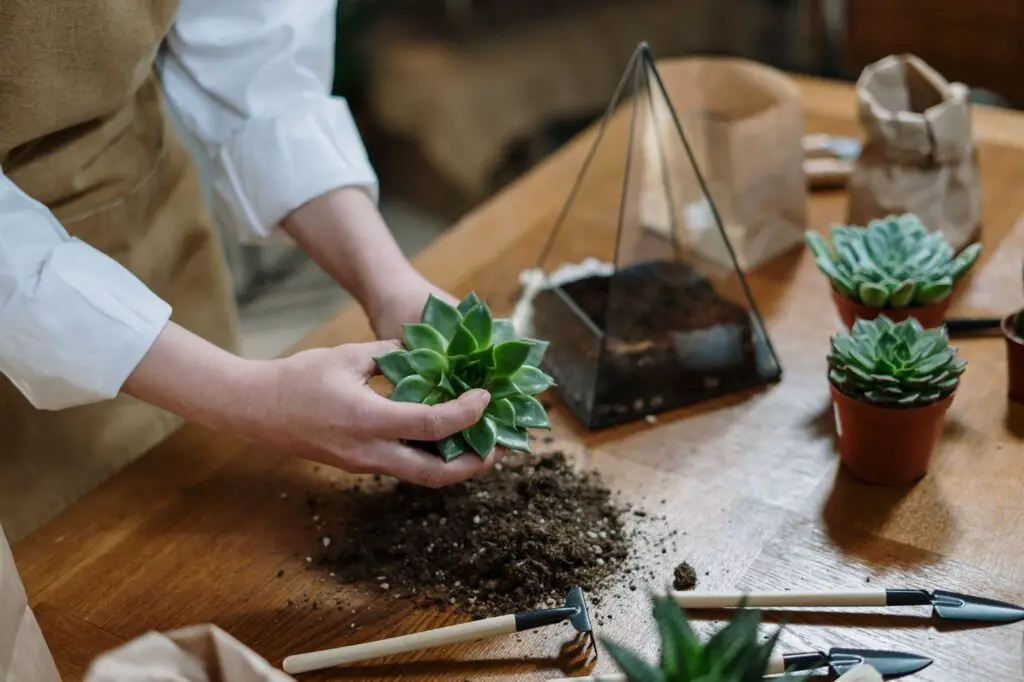
Carbon Footprints Are Reduced
You can cultivate fresh food in the garden. Consequently, you won’t need to visit your local store often to stock up on dried or fresh herbs, veggies, and fruits.
Gardening has a significant environmental effect due to the agricultural tools and chemicals employed.
Most food sold in local grocery stores is transported over long distances and is of lower quality than food produced in local locations.
Having a garden at your home not only ensures that you will always have access to fresh vegetables but also enables you to do your part in safeguarding the environment.
Gardening Reduces Your Cooling Expenses
Adding gardens and reducing energy consumption can improve your home’s landscape.
Trees strategically placed around your home can help you save up to 25 percent on air conditioning and heating costs.
Planting trees to provide shade over your house can significantly reduce the heat inside your home. Your air conditioner will not run continually to cool your house.
Trees can lower winter heating costs when planted correctly by reducing the need for additional heating. Strong trees protect your home from chilly northwest winds by offering cover from the weather.
Gardening Helps to Reduce Global Warming
Global warming is caused by too much carbon dioxide and other greenhouse gases, which trap heat in the atmosphere.
The world’s climate is changing because of global warming. This will lead to melting polar ice caps, rising ocean levels, more wildfires, and stronger storms.
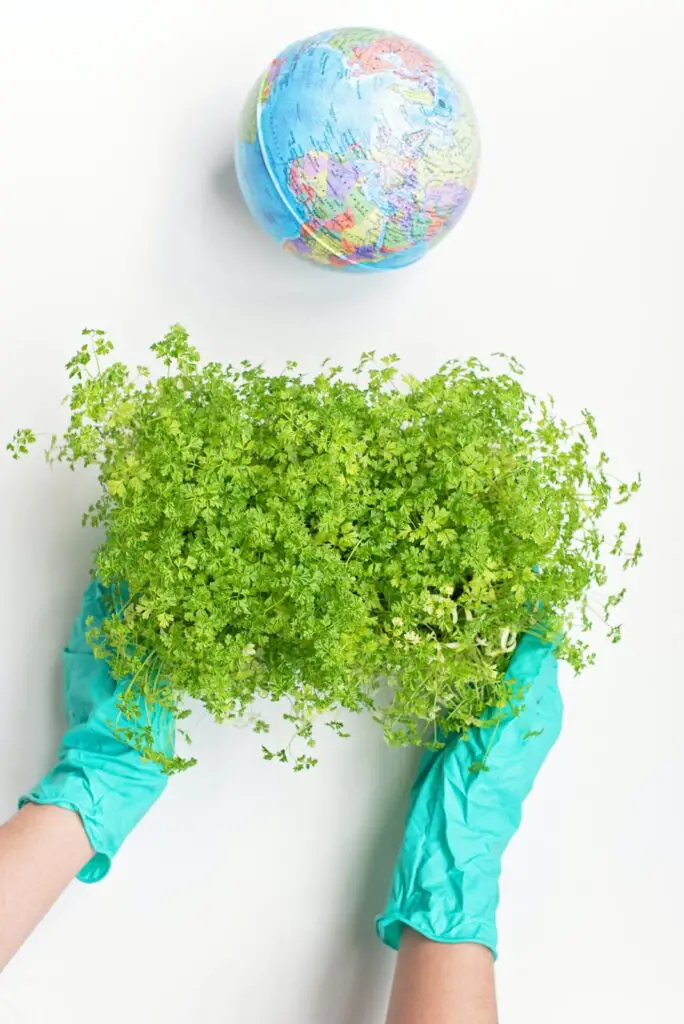
Having trees, vegetables, bushes, or flowers planted around your home will help reduce this impact. These garden plants, like every other type of plant, absorb CO2.
The change may be minor, but in the current circumstances, every little bit matters.
Whenever possible, it’s better to eat vegetables produced in your garden than food transported from a distance. While you are producing your food, you are also helping to improve the world by reducing global warming.
Wrapping Up
Gardens look nice when well-kept, and they’re a great place to unwind when you get home. They are home to butterflies, small birds, and other creatures. Most importantly, they are critical to environmental protection.
When designing your garden, it is best to concentrate on planting things already native to the area. These plants are resistant to your area’s harsh environmental conditions. They also do not require regular maintenance because they have already established themselves in the area.
It is critical to select species that can coexist peacefully with others in the garden to promote biodiversity.

